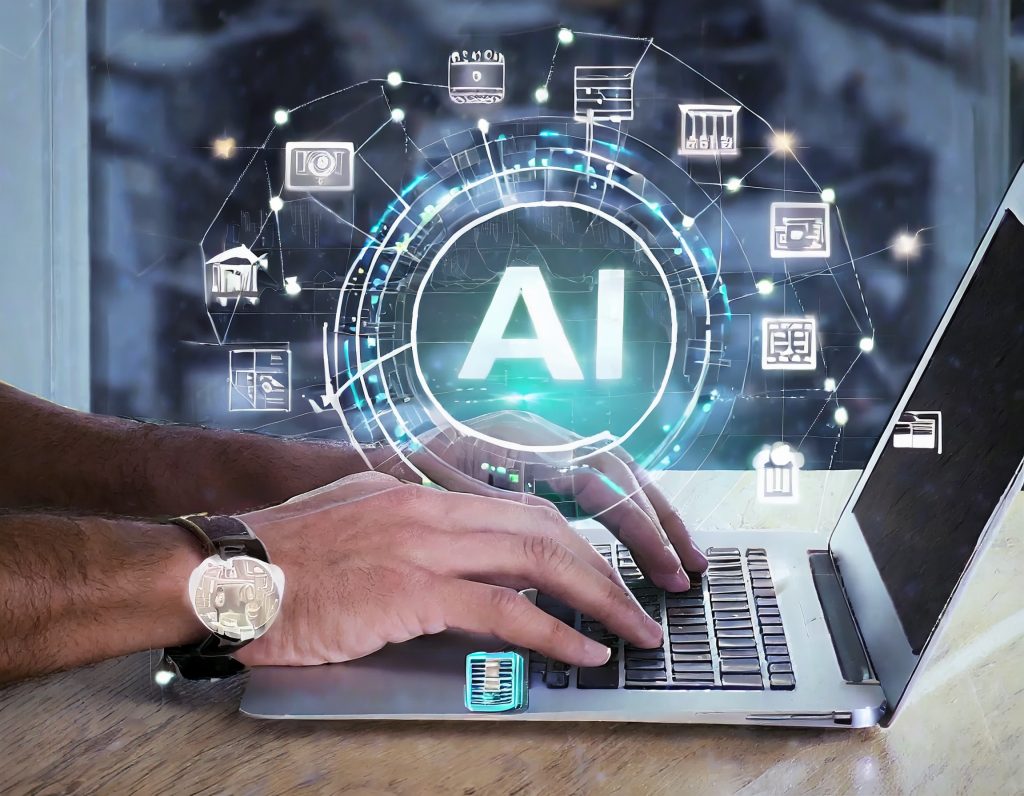Artificial Intelligence (AI) is reshaping the landscape of stock trading, presenting a transformative edge to investors navigating the fast-paced market terrain. This groundbreaking technology has redefined the traditional methods of analysis, prediction, and execution, marking the advent of a new era defined by efficiency and precision.
Understanding the Impact of AI in Stock Trading:
AI, essentially a technology mirroring human intelligence, has found profound applications within the financial domain. In the realm of stock trading, AI-driven algorithms sift through colossal volumes of data at remarkable speeds, meticulously scrutinizing market trends, historical patterns, sentiment from news sources, and more to facilitate well-informed decision-making processes.

Key Benefits of AI in Investment:
- Swift Data Processing: AI systems possess an unparalleled capability to process and analyze extensive datasets in real-time, an unmatched feat compared to human traders. This rapid processing allows for the prompt identification of market patterns and trends, expediting decision-making processes.
- Enhanced Predictive Analytics: AI-powered predictive models exhibit a superior ability to forecast market movements with heightened accuracy by detecting subtle correlations and historical patterns. This aids traders in making astute investment decisions based on comprehensive insights.
- Risk Management and Decision Support: AI algorithms excel in assessing risks, providing invaluable insights into potential market fluctuations, thereby assisting investors in mitigating unforeseen losses.
- Automation and Efficiency: AI-driven trading systems autonomously execute trades based on predetermined parameters, eliminating human biases and emotions, thereby optimizing overall trading efficiency.
Illustrative Examples of AI Applications:
- Quantitative Trading: Prominent entities such as hedge funds and financial institutions leverage AI-powered quantitative trading strategies to maximize returns while minimizing risks.
- Robo-Advisors: AI-based robo-advisors offer tailored investment recommendations based on individual risk profiles and market trends, democratizing access to investment insights for a wider spectrum of investors.
- Natural Language Processing (NLP): AI-powered NLP tools scrutinize news, social media sentiments, and expert opinions, providing a nuanced understanding of market sentiment that influences investment decisions.
Challenges and Future Trajectories:
While the potential of AI in stock trading is substantial, challenges persist, including concerns surrounding data privacy, algorithm biases, and the perpetually evolving nature of financial markets. Nonetheless, ongoing advancements in AI technology continue to tackle these challenges, paving the way for more sophisticated and dependable trading systems.
Conclusive Insights:
AI isn’t positioned to replace human traders; rather, it augments their capabilities significantly. By harnessing the analytical prowess of AI, investors gain a competitive edge, enabling them to make more informed decisions and navigate the intricacies of the stock market with heightened dexterity and confidence.
The future of stock trading unequivocally pivots around the integration of AI. As algorithms evolve and technology progresses, the symbiosis between AI and investing will continuously redefine a more astute, expeditious, and efficient landscape for traders endeavoring to flourish in the dynamic realm of finance.

Useful additional links:
https://chat.openai.com
https://news.microsoft.com/ai/

